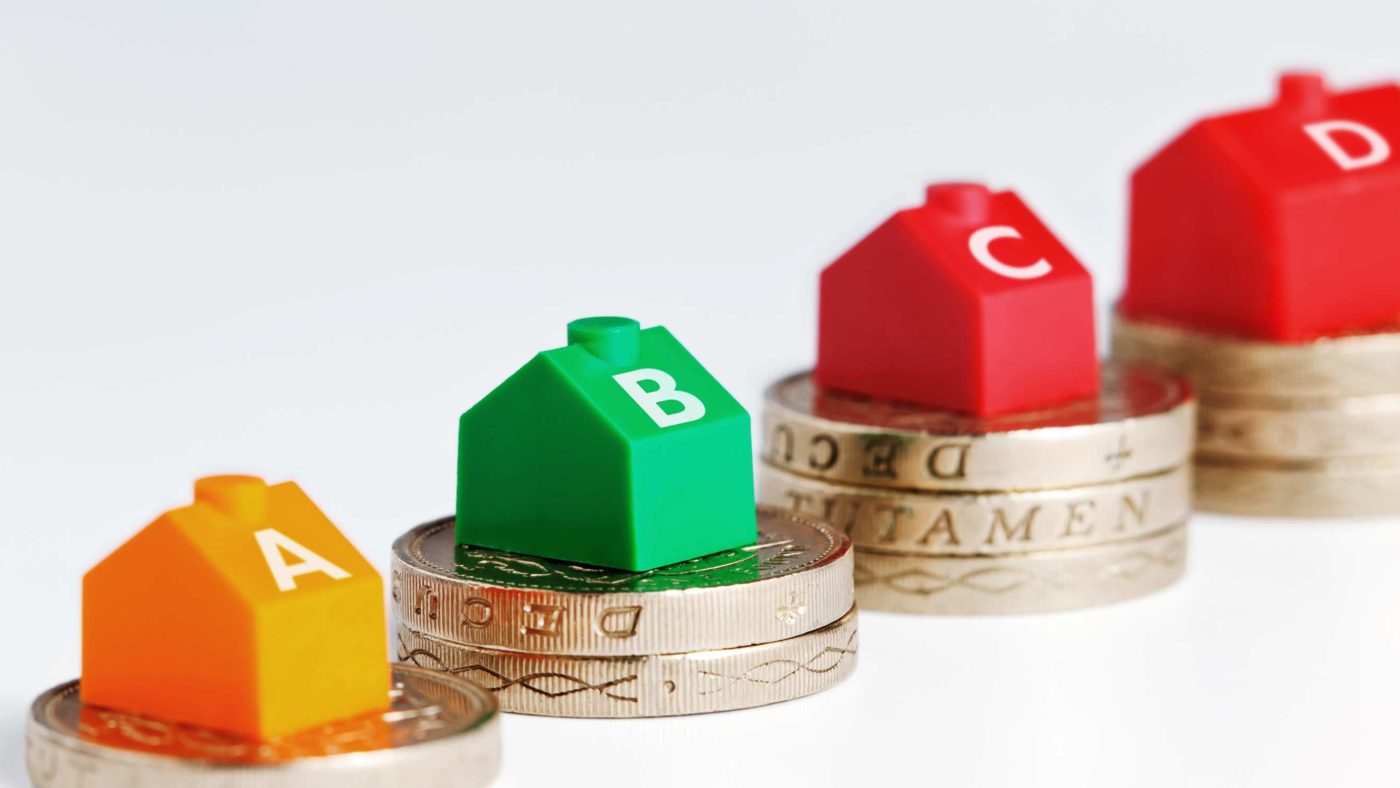Throughout his Budget, Rishi Sunak stressed the theme of fairness. After six mentions of the word fair, the Chancellor finished up with a final commitment to being “honest and fair in all that we do”. But the truth is that he swerved the one action that could have led to a fairer country in a stroke.
When he addressed the Commons last week, the Chancellor could have announced a review of our outdated and unfair residential property taxes. By signalling the end of council tax and stamp duty, he would have set down a path of directly helping millions of households up and down the country. Instead, the stamp duty can was kicked down the road and council tax was the elephant in the room when the Chancellor delivered the Budget.
Stamp duty is a tax imposed on property owners before they have even collected the keys to the front door. It is understandably enormously unpopular. Yet it is the Chancellor’s silence on council tax – a bizarrely regressive tax based on property valuations from 30 years ago – that sits especially awkwardly with his talk of fairness.
Analysis by the Office for Budget Responsibility last week found that councils would increase taxes by £1.8 billion next month – up to £100 a year for many households – after the Government allowed them to impose increases of up to 5%. This could mean a tax rise of £7.5 billion by 2025-26.
Meanwhile the unfairness of council tax was recently underlined by recent research demonstrating that residents of constituencies in the north and Midlands clearly receive the worst deal. While the average household in England presently pays out 0.47% of their home’s value in council tax every year, residents of Easington and Hartlepool must pay out more than 1.3% on average every year. Across the Red Wall, households pay 0.84% on average.
If the Chancellor were to announce a review of property taxes, what comes next would then be a matter of debate. But support is growing for the campaign to replace both council tax and stamp duty with a simple proportional property tax set at a flat rate of 0.48% of a property’s value.
A proportional property tax would be revenue-neutral for the Treasury and in recent months it has garnered widespread political support. Most notably, a number of Conservative MPs have come out in support of Fairer Share’s campaign for a proportional property tax after our research showed that this tax would lead to lower bills for millions of people, especially in the Red Wall seats that the Conservatives gained from Labour in 2019.
There would also be gains for households across the south of England, putting paid to the misleading suggestion that a proportional property tax would only benefit northern voters, while hiking bills across the south. Research shows there are numerous seats in southern England where a majority of households would see their bills go down. For example, in the seat of COP 26 chairman Alok Sharma, Reading West, 77% of households would be better off and in Treasury chief secretary Steve Barclay’s seat of North East Cambridgeshire 91% of households would gain from the policy.
Across England, around 76% of households would benefit under the new system, with households paying £435 less property tax a year on average. For those staying in a high value home and paying the new tax, losses would be capped so that, at the point of transition, no household sees an increase of more than £100 per month on what they currently pay. But to ensure there do not have to be any losers on day one, there would be a deferral mechanism until point of sale on a low interest rate, so that nobody has to pay out immediately if they cannot afford to do so.
With council tax bills skyrocketing and punishing voters with lower value homes, the Chancellor should not be surprised that a number of MPs in the Red Wall and beyond want to see a fairer system of property taxes. The question is whether he will take the action needed to put tax savings into the pockets of the people who recently lent their votes to the Conservative party.
Later this month, the Chancellor could begin the process of doing just that. He could use the so-called ‘Tax Day’ on March 23, when the Treasury will publish a range of consultations and calls for evidence into tax policy, to announce a root-and-branch review into the way residential property is taxed in the UK.
Having framed the Budget around fairness, this would be the logical next step for the Chancellor to take. Rather than hiding behind the Tory poll lead and standing by a system that is clearly no longer fit for purpose, he should show that he really believes in his rhetoric – by looking again at our outdated and unjust system of residential property taxation.
Click here to subscribe to our daily briefing – the best pieces from CapX and across the web.
CapX depends on the generosity of its readers. If you value what we do, please consider making a donation.


